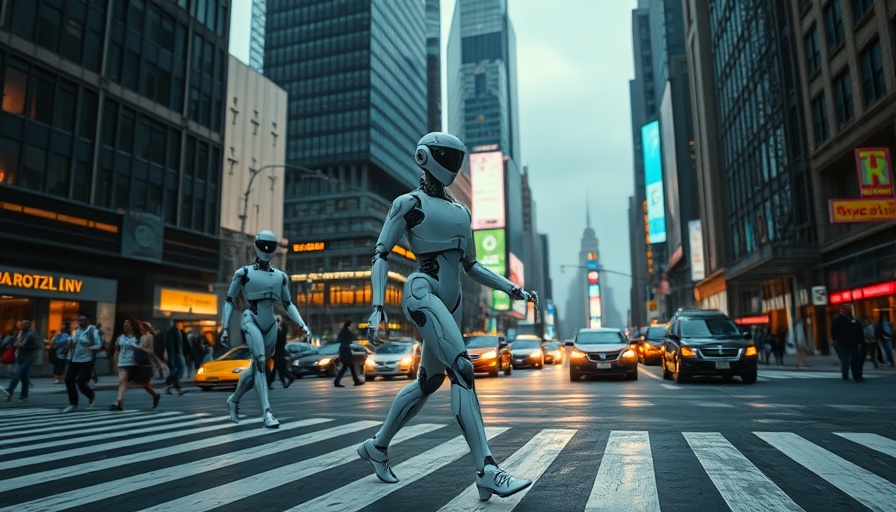
The Future of Coexisting with Robots
The emergence of intelligent robotics signals a transformative era in our society, reshaping how we interact with technology. Victoria Slivkoff, a leading voice in the tech community, believes that the advent of AI can significantly foster accessibility. As she shares insights on the potential for AI to provide goods, services, and information, it becomes clear that robots can enhance our lives, rather than complicate them.
Access and Inclusion in the Age of AI
Slivkoff emphasizes the crucial role of AI in achieving the UN Sustainable Development Goals (SDGs). This perspective highlights how the integration of intelligent robotics promotes a more inclusive society. "Now we’re moving into the area of reasoning," she notes, citing advancements that allow AI to not merely process data but to predict outcomes and engage meaningfully with our environment.
Bridging Innovation and Everyday Life
As we stand on the precipice of integrating AI into our daily routines, the implications are both vast and exciting. Robotics isn't just about technological prowess; it's about creating smarter solutions that enhance human capabilities. With the potential for robots to learn from their surroundings, we are about to embark on an era where our collaboration with machines can lead to unprecedented advancements.
A Call to Rethink Our Social Norms
Victories in technology extend beyond functional applications—they invite us to reassess our societal norms. The inevitable integration of robotics into everyday life poses questions about coexistence and the future of work. With this transition, leaders must encourage discussions on ethical implications and societal adaptations. Being ready to live amongst robots is not merely about acceptance, but about proactive engagement with the evolving technologies around us.
 Add Row
Add Row  Add
Add 




Write A Comment